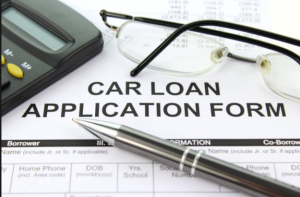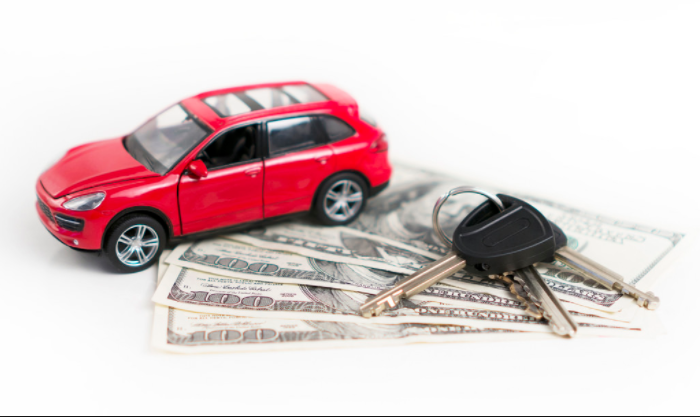Ever tried buying a car before? If you haven’t, then you should be aware of the long negotiation process ahead of you. When buying a car, you’re attempting to get a good deal without overpaying. And so when negotiating with a seasoned salesman, there’s going to be a lot of back and forth.
Regardless of how low you drop the prices, you’ll still be paying a lot. This is due to added values that you may not be aware of at the end of deals (like alarm systems, additional warranties, undercoating). And so you have to be slick when negotiating with car financiers.
In this article, we’ll discuss improving your car financial edge. We’ll talk about comparing deals, interest rates, and certain scams you need to be aware of. Also, we’ll give you a small checklist to use when buying a car, which includes rebates and 0% interest deals.

Not Everyone Can Pay in Cash.
If you’re similar to the majority of people, you may not have money available to purchase a new vehicle. In fact, buying a new car may be the end of your savings account. Thus, you either must lease one, or finance it on interest. If buying, you’re getting finances by bank, credit unions, or maybe some family borrowing.
Leasing a car is excellent most of the time, but it’s a whole different situation. In this article, we’ll discuss financing sources, and how to analyze and select the best sources.
If you’ve got the ability to finance by cash, then that might be a good option. Regardless, you still have to know if paying the cash is the best thing. And the following list should help you make that decision…
- When financing, how much interest are you paying? When paying cash, the interest of financing must be lower than interest you make from a savings account.
- Pay cash if your credit rating is horrible, and you may pay very high interest rates.
- If you’re in debt and lack cash, but don’t want to ruin your credit rating, use cash.
If you don’t fit the previous criteria, consider getting finance of your vehicle. We’ll look at the advantages and disadvantages in the next sections, and factors to take into account.
Financing Sources.
There are 3 sources of financing for a new car. Below, we’ll discuss each, giving you a brief idea of why each one might be suitable for you.
(1) Dealerships.
- (Pro): Easy, quick financing sources, and sometimes cheap.
- (Con): Interest rates tend to be more front-loaded, so you may a lot more at the beginning. Also, there might be a large push in price for financing. So you have to pay loans off fast.
(2) Credit Unions or Banks.
- (Pro): Service is personal. Rates are low. You won’t get sales pitches, and can inform you if you’re paying in excess for a car. You also get insurance for disabilities and life. Interest payments are quite simple, and are evenly spread through the loan term.
- (Con): Harder to get. You can’t get a car bank loan overnight.
(3) Financial Institution (Online).
- (Pro): Rates are competitive. Easy and quick to get.
- (Con): Services aren’t as good as banks and credit unions. Also, you have a very high chance of being scammed.
(4) Home Equity Loans.
- (Pro): Interest can be deducted from your own taxes. Rates are competitive.
- (Con): Your car payments are tied home (high risk).
(5) Friend or Family Members.
- (Pro): Flexible, competitive rates, service is personal.
- (Con): Not paying on time could ruin personal relationships.
Determining Rates.
Interest rates you’ll receive when financing a vehicle are different than those in advertising. This is because your credit rating also factors into the interest you’ll pay. If you have a good credit history, you’ll pay less, since lenders risk less money on you. If your credit score is horrible, you’ll have interest rates raised on you.
Loan terms also affect your interest rates. Short loans mean lower interest rates, but you’ll pay a lot to cover the loans base amount each month.
Used cars tend to have higher rates than new ones. Newer cars equal lower rates. Through there are some credit unions that make exceptions to those rules.
Location also matters. One part of your country may offer a 7% loan. Other parts may offer 8 to 9% interest rates on loan payments.
Do note that the previous info is mainly for banks. At dealerships, your situation might be different. We’ll explain why in the following section.





Add comment